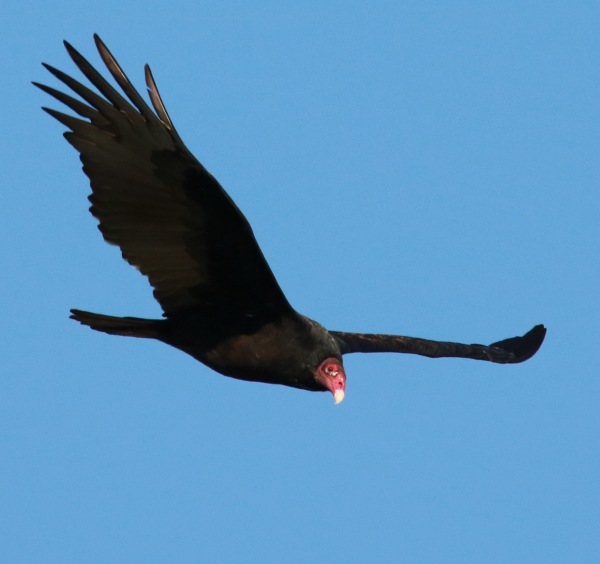By Muhammad Musa-Gombe
As global attention slowly shifts toward Nigeria’s internal crises, familiar patterns observed in nations that later collapsed are beginning to emerge
There are times in a nation’s history when scattered events begin to form a pattern too deliberate to ignore. Nigeria is at such a moment. What we are seeing today mirrors the early signs that preceded the destabilisation of Afghanistan, Iraq, Libya, Syria and Sudan; countries that did not collapse by accident but through a slow, well-sequenced process of internal tension, external pressure, and narrative engineering.
The warning signs were first hinted at in 2002 by General Wesley Clark, former NATO Supreme Allied Commander, who revealed a plan to “take out seven countries in five to seven years”:Iraq, Afghanistan, Libya, Syria, Lebanon, Sudan and Iran. Two decades later, five of those countries have been shattered. Iran is the lone state standing under intense pressure. In each case, local figures were elevated abroad to validate foreign intervention: Abdullah Abdullah in Afghanistan, Ahmad Chalabi in Iraq, Mahmoud Jibril and later Khalifa Haftar in Libya. Their roles differed, but the outcome was the same foreign action justified by selective narratives.
It is through this lens that we must view recent developments around Nigeria. The U.S. under President Trump recently asked the Pentagon to draw up possible precision-strike plans to protect Christians allegedly facing targeted killings. Soon after, a Catholic priest from Makurdi addressed the U.S. Congress, presenting Nigeria as a country where Christians ‘alone’ are under systemic attack.
The truth is more complex. While Nigeria is grappling with severe insecurity, credible data shows that more Muslims have been killed in the North East and North-West, and more mosques destroyed, than churches. Boko Haram, ISWAP and bandit groups kill without regard to religion. Victims are targeted by vulnerability, geography and impunity not faith. Turning this tragedy into a one-sided religious narrative is not just inaccurate; it is dangerous. It follows a familiar script used to justify foreign intervention elsewhere.
This narrative building, becomes even more concerning when placed beside a 2011 U.S. Air Force strategic study titled Failed State 2030: Nigeria: A Case Study. The report, framed as a foresight exercise, described how Nigeria could fragment by 2030 under pressure from corruption, weak institutions, insurgency, economic shocks and population strain. It outlined scenarios where the country breaks into zones, central authority weakens, oil production collapses, and foreign powers compete over influence and resources. At the time, it read like fiction. Today, it reads like a slow-motion replay.
Nigeria is not Libya, Iraq or Sudan. But the early steps look familiar: selective narratives gaining global attention; influential voices abroad presenting themselves as spokespersons for local realities; foreign governments expressing “concern”; and think-tank reports quietly shaping policy debates. These gestures are not neutral they are the circling motions before intervention is framed as inevitable.
Our internal weaknesses make this easier. Corruption, insecurity, poor and mutual suspicion create openings for external manipulation. But acknowledging these failures does not mean surrendering our narrative or our sovereignty. Nigeria’s story must be told by Nigerians not crafted in Washington or filtered through lobby groups.
What the country urgently needs is clarity and unity. Religious leaders, community organisations and citizens must reject attempts to cast our national crisis as a sectarian war. Our diplomats out there in the field, must firmly challenge misrepresentations abroad. Government must fix the governance failures that give foreign actors ammunition. And citizens must recognise how quickly a nation can be pushed from internal crisis to external intervention.
The vultures are indeed swirling. They circle when a nation is distracted, divided or weakened. But their descent is not inevitable. Nigeria still has the strength and collective wisdom to resist becoming the next theatre of engineered collapse if we recognise the signs early and refuse to walk the path that others walked blindly. But are we?
History has shown that once the vultures land, they rarely leave. Let us ensure Nigeria does not become their next feast.
Musa-Gombe is a media practitioner based in Abuja.

